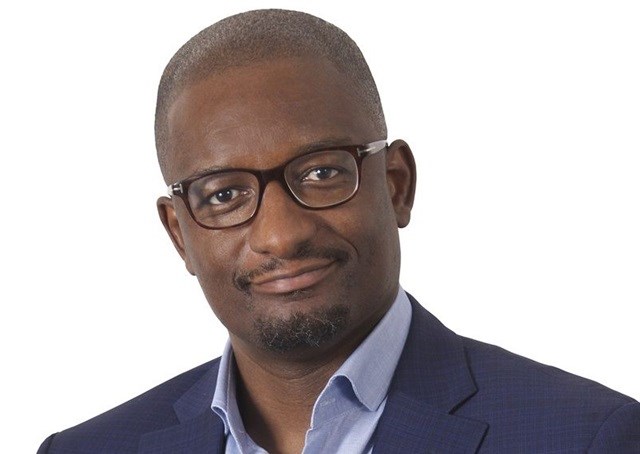#BizTrends2019: The rise of new broadcasting business models in Africa

In 2018 we are seeing the rise of new broadcasting business models such as OTT (Over The Top) and video-on-demand services, where film or TV content is streamed via the internet. In fact, according to IHS Markit, the number of households that stream OTT services in the Sub-Saharan African region alone grew 21.8% between 2010 and 2017, while TV households grew with a compound annual growth rate (CAGR) of 3.6%, during the same period.
A pioneering milestone that needed to be in place in order for this transition to take place was the deployment of ubiquitous high speed connectivity across the continent. To put this into perspective, the2018 Digital report, released by global digital agencies We Are Social and Hootsuite, revealed that Africa has seen the fastest growth rates in internet penetration, with the number of internet users across the continent increasing by more than 20% compared to 2017.
To foster an ecosystem of innovation enabled by increased connectivity, Kwesé partnered with sister company Liquid Telecom and other mobile network operators to supply connectivity for customers to have access to Kwesé iflix and Play.
Although the writing could be on the wall for traditional broadcasting, superior user satisfaction remains at the core of business operations, now with the promise of diverse distribution platforms and lower costs of delivery. We are now seeing three predominant trends that are driving the evolution of television in Africa. Customer experience is now more personalised, innovation is helping to close the digital divide and curated consideration is building Africa’s content economy.
Personalising the customer experience
Today, user experience has transitioned into a personal encounter. This trend has been echoed across a number of industries. For example, if you look at the photography industry, 50 years ago a family portrait was an event and 20 years ago film costs and development made photos a focus for special occasions. Today with the rise of the smart phone and selfies, a person takes an average of 150 photos a month.
The television industry is experiencing a similar trajectory where it is moving away from cinemas to homes, personal computers and now to the pocket via the smartphone. Content consumption is now a personal choice and broadcasters are responding by offering greater content quality and diversity. For example, through Kwesé Iflix (an Econet Media-owned mobile video-on-demand sports and entertainment platform), customers could watch the FIFA World Cup on their smartphone anywhere in Africa.
It was evident that consumers were fully embracing the combination of live sport and entertainment, all in one app. Over 100 million minutes were streamed, making it the single largest live mobile streaming event ever to take place in our Africa over 30 days.
Innovation: the show must go on
Despite a hunger for next generation entertainment value, Africa has experienced a number of access barriers, partly because the continent is largely unbanked with little access to credit cards for secure online payments and also due to accessibility to world-class services. In order to feed this demand, businesses are looking towards innovation in the form of trusted platforms, compelling content and secure payments.
Previously, there were only two models of streaming video-on-demand services available to the African market. The big international players with a focus on western entertainment, and the smaller platforms that host an array of local content. Kwesé iflix found a niche in a third offering. By expanding on the traditional video-on-demand model it introduced new, engaging, localised programming and features, providing a one-stop-shop for all generations’ preferences.
From a platform perspective, it was also vital to create a marketplace where customers and content creators can take advantage of the network effects present in most platform business models such as Facebook or YouTube. With over 70% of African markets unbanked, connecting in different ways to traditional content platforms will be the key as Africa’s broadcast ecosystem continues to evolve.
Curated consideration is building Africa’s content economy
The challenge with today’s digital era is the tug of war between well curated, convenient pay services and free services that offer less value. We have to believe that when given a reasonable choice to acknowledge the value of shows that they are fans of, most people will choose to do so legally.
The challenge to the industry is to provide that reasonable choice. For example, previously we bemoaned the low quality of Nollywood content, but this is becoming less important as the compelling nature of content and storytelling shines through a selection of innovative service models, with clear improvements in production standards
Having recognised the importance of carrying local content, Econet Media will also establish its own content creation hub offering across its Kwesé Free Sports, Kwesé iflix and Kwesé Play platforms. With a presence in 11 markets, we realise the importance of original local content as Africa’s broadcast industry evolves into the future.
Additionally, as we transition towards digital services, we will grant loyal Kwesé TV subscribers complimentary access to Kwesé iflix for 12 months. Taking these trends into consideration, we hope to make a significant shift in the continent’s complex and competitive media industry.

























